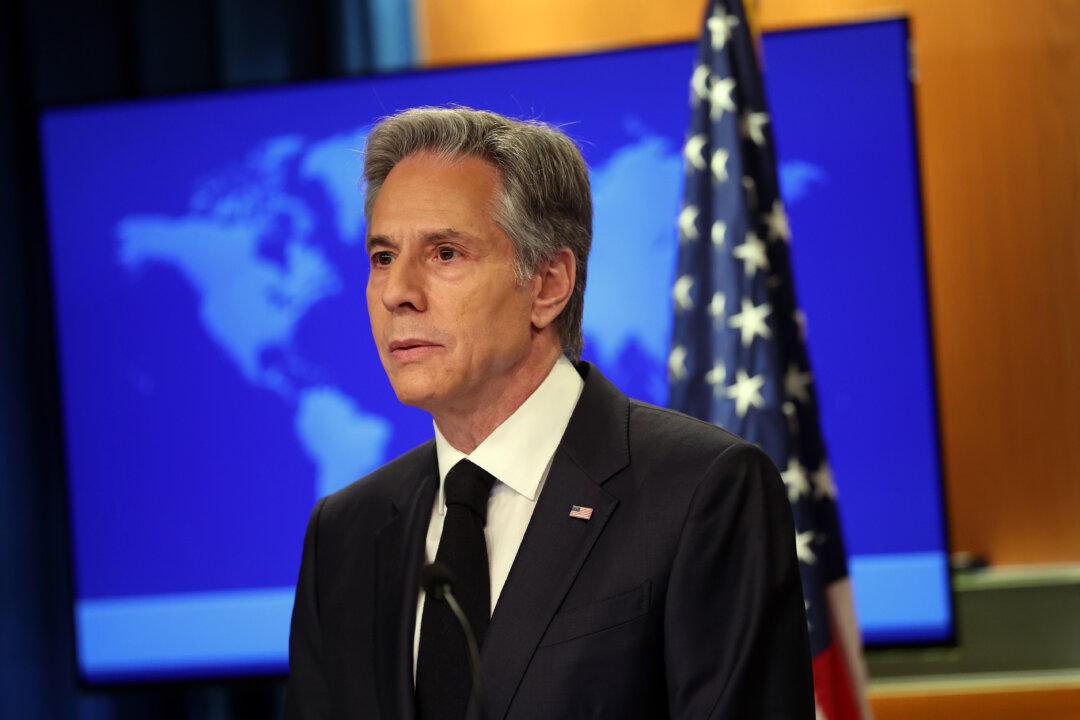The top U.S. diplomat is calling for a greatly expanded budget for activities in the Indo-Pacific to counter communist China’s increasing aggression and fortify American ties in the region.
U.S. Secretary of State Antony Blinken said during a March 22 Senate appropriations hearing that the Biden administration is seeking an 18 percent increase to the State Department’s Indo-Pacific budget for the 2024 fiscal year.




